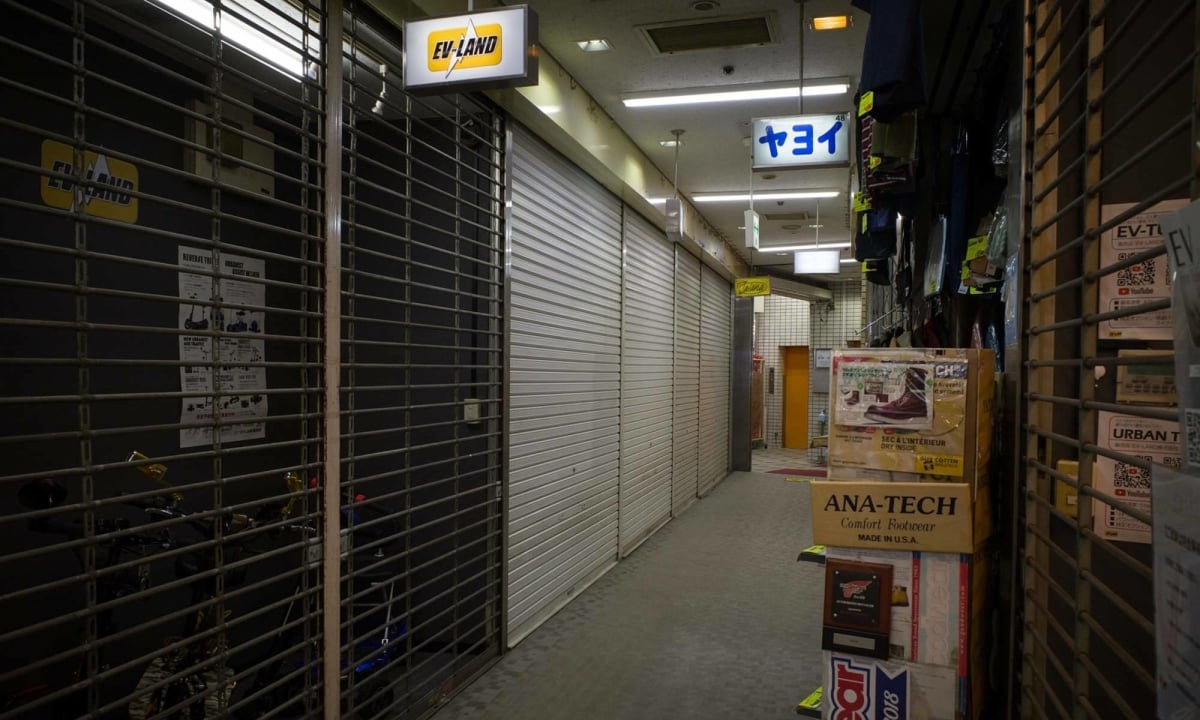
Japan's end to negative interest rates could force "zoombie" companies to close after a period of ultra-loose monetary policy.
The term “zoombie” refers to businesses struggling to survive just to pay off debts. Their number has increased sharply after the Covid-19 period, when the government provided a huge financial stimulus package for small and medium-sized companies.
On March 19, Japan ended negative interest rates. The Bank of Japan (BOJ) maintained interest rates around 0%, with further hikes likely. The move will make zombie companies face higher borrowing costs, leading to closures and higher unemployment. However, according to analysts, this is not necessarily a negative.
The bankruptcy of loss-making companies could prompt their workers to seek better opportunities in growing industries, which could also “invigorate” the economy, said Koichi Fujishiro, a senior economist at Dai-ichi Life Research Institute.
According to a survey by credit research firm Teikoku Databank, the number of zombie companies in Japan is now around 251,000, up 30% from a year earlier. This is the highest level since 2011. By industry, retail has the largest number of "zombie" companies, nearly 30%. Next is the transportation and telecommunications sector, more than 23%.
Bankruptcies are rising across Japan, hit by repayments to loans under the government's pandemic relief program, high raw material prices and labor costs.
According to another credit research firm, Tokyo Shoko Research, the number of corporate bankruptcies in 2023 increased 35% from a year earlier to 8,690, the largest increase since 1992.
The BOJ embarked on aggressive monetary easing in 2013 to end Japan’s long-running deflationary cycle. Three years later, it set short-term interest rates at minus 0.1% and introduced a yield curve control program that kept long-term interest rates extremely low.
Such policies have made the burden of interest payments almost negligible, while the government has facilitated refinancing for small businesses after the 2008 global financial crisis and stimulus measures during the Covid-19 period.
Osamu Naito, who led the survey on "zombie" companies, said Japan's current labor shortage could help offset some of the negative impact if defaults at these businesses occur.
“We are seeing many cases where companies are hiring employees from bankrupt competitors as a way to have enough labor,” he said.
Meanwhile, banks and other financial institutions will benefit from the BOJ's rate hike, which will allow them to boost profits by raising lending rates.
Following the central bank's decision to raise interest rates on March 19, Japan's three largest commercial banks, MUFG Bank, Sumitomo Mitsui Banking and Mizuho Bank, also plan to raise savings interest rates.
Saisuke Sakai, senior economist at Mizuho Research & Technologies, said the BOJ's decision to change policy means the economy has grown stronger.
However, he noted that the BOJ's latest decision would be "just the first step" in a series of moves toward normalizing its monetary policy, with more rate hikes expected to follow.
“The overall impact on businesses will be limited because the policy change is not too radical (at the moment), but it will be harder for small and medium-sized companies to survive,” Saisuke commented. Instead, companies can contribute to economic growth through technological innovation.
Quynh Trang (According to Japan Times)
Source link



![[Photo] National Assembly Chairman Tran Thanh Man attends the VinFuture 2025 Award Ceremony](/_next/image?url=https%3A%2F%2Fvphoto.vietnam.vn%2Fthumb%2F1200x675%2Fvietnam%2Fresource%2FIMAGE%2F2025%2F12%2F05%2F1764951162416_2628509768338816493-6995-jpg.webp&w=3840&q=75)



![[Photo] 60th Anniversary of the Founding of the Vietnam Association of Photographic Artists](/_next/image?url=https%3A%2F%2Fvphoto.vietnam.vn%2Fthumb%2F1200x675%2Fvietnam%2Fresource%2FIMAGE%2F2025%2F12%2F05%2F1764935864512_a1-bnd-0841-9740-jpg.webp&w=3840&q=75)
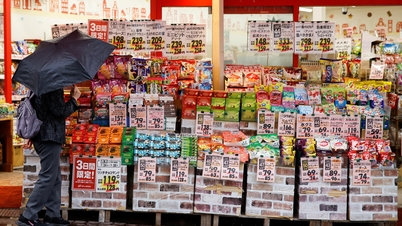
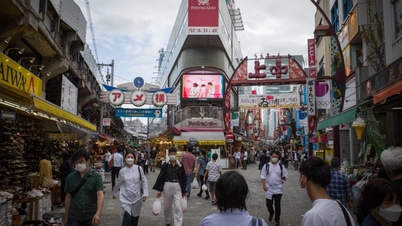
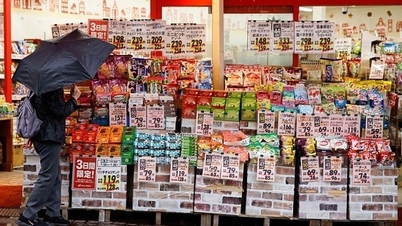

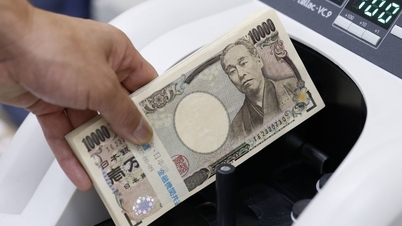
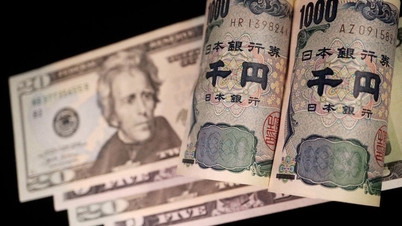
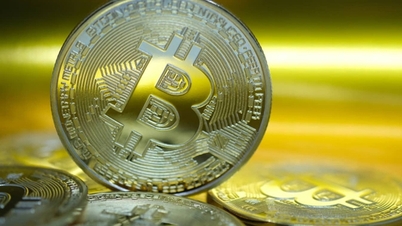

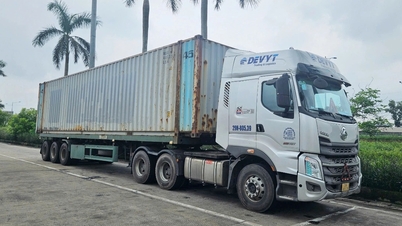


























































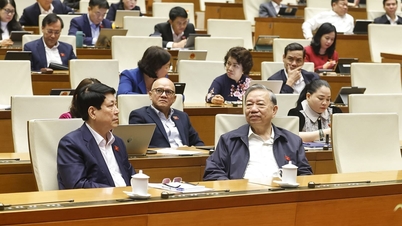












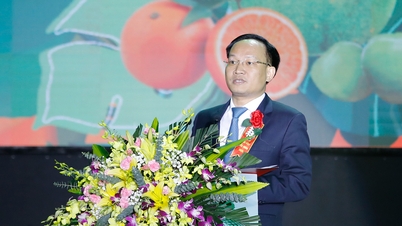





















Comment (0)